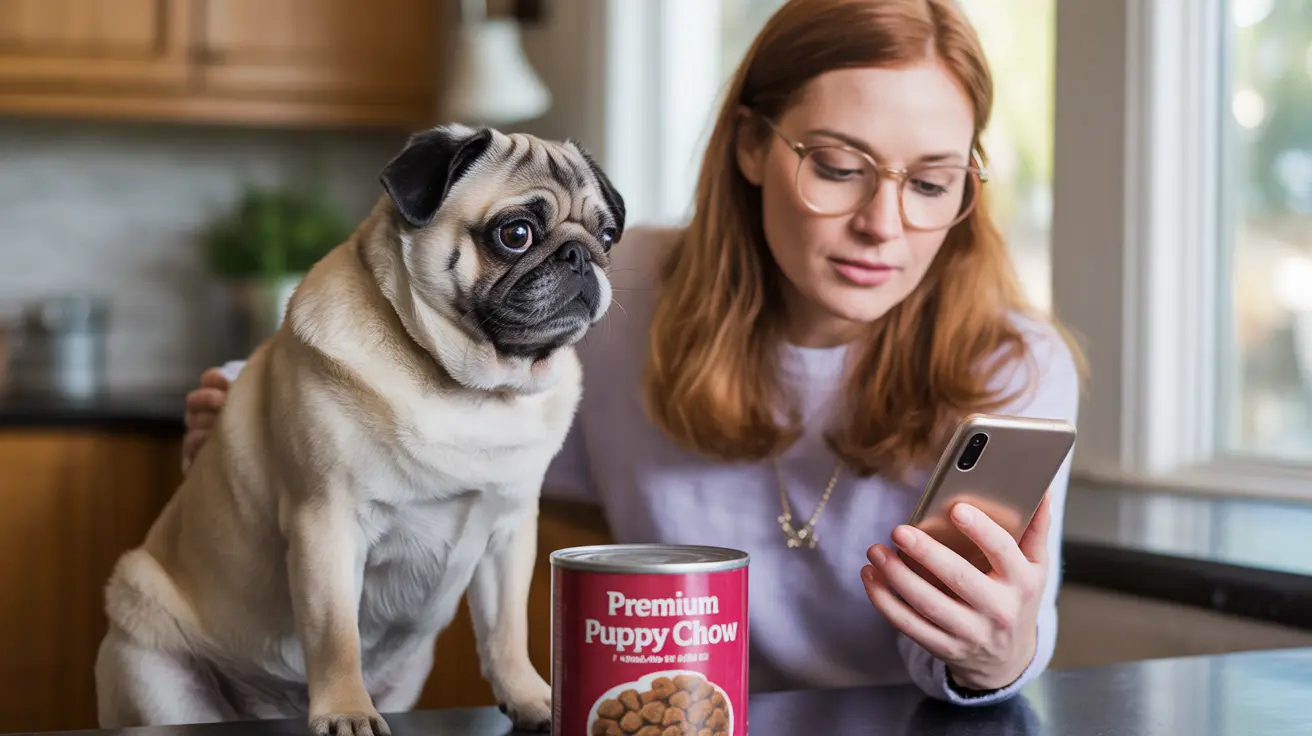When a pet food company reacts to the recall of its dog food, swift action and transparent communication become paramount. Recent events have highlighted the critical importance of proper recall management in the pet food industry, as manufacturers work to protect both animal and human health while maintaining consumer trust.
This comprehensive guide examines how pet food companies respond to recalls, what pet owners should know, and the broader implications for pet food safety in today's market.
Understanding Pet Food Recall Protocols
When contamination or safety concerns arise, pet food companies must follow strict protocols established by regulatory agencies. These procedures typically involve immediate production halts, comprehensive testing, and coordinated communication with both authorities and consumers.
The recall process usually begins with either internal quality control detection or external notifications, such as consumer complaints or FDA findings. Companies must then act quickly to contain the situation and prevent further distribution of affected products.
Immediate Response and Communication Strategies
When a pet food company initiates a recall, their first priority is public safety. This involves:
- Immediate notification to regulatory authorities
- Public announcements through multiple channels
- Detailed instructions for retailers and distributors
- establishment of consumer support hotlines
- Clear guidance for product returns or disposal
Impact on Manufacturing and Quality Control
Following a recall, pet food companies typically implement enhanced safety measures and quality control protocols. This often includes:
- Comprehensive facility inspections
- Updated testing procedures
- Supplier audit reviews
- Staff retraining programs
- Implementation of new safety protocols
Consumer Relations and Trust Rebuilding
Maintaining consumer confidence is crucial during a recall. Companies focus on:
- Transparent communication about the cause
- Clear instructions for affected customers
- Prompt processing of refunds or replacements
- Regular updates on corrective actions
- Enhanced customer support services
Frequently Asked Questions
What actions should I take if my dog's food has been recalled?
Immediately stop feeding the recalled product to your pet. Secure the food in a sealed container to prevent accidental consumption, and follow the manufacturer's instructions for return or disposal. Keep proof of purchase and contact the company for refund information. Monitor your pet for any adverse reactions and consult your veterinarian if concerns arise.
How can I find out if the dog food I purchased has been recalled?
Check the FDA's pet food recall website regularly, sign up for recall alerts from your pet food manufacturer, and monitor the company's social media channels. You can also verify the product lot number against recall notices and consult with your veterinarian or retailer for the latest recall information.
Why do pet food companies issue recalls, and what are the common causes?
Companies issue recalls primarily due to potential contamination (bacterial, chemical, or physical), nutrient imbalances, or manufacturing errors. Common causes include Salmonella or Listeria contamination, foreign material contamination, incorrect nutrient levels, or mislabeling of ingredients.
What are the health risks to pets and humans associated with recalled pet food?
Pets may experience symptoms such as vomiting, diarrhea, lethargy, and fever when exposed to contaminated food. Humans can be affected through handling contaminated products, potentially experiencing similar symptoms. Immunocompromised individuals, elderly people, and young children are at higher risk.
How can pet owners ensure food safety and prevent exposure to contaminated products?
Store pet food properly in sealed containers, wash hands before and after handling pet food, clean feeding areas regularly, and maintain awareness of current recalls. Keep original packaging with lot numbers, and regularly check expiration dates. Sign up for recall alerts and maintain records of your pet's food purchases.
Conclusion
A pet food company's response to a recall demonstrates its commitment to consumer safety and product quality. Through proper handling of recalls, implementation of corrective measures, and transparent communication, manufacturers can protect both pets and their owners while maintaining trust in their brand.
For pet owners, staying informed about recalls and following proper food safety protocols remains essential for protecting their furry family members' health and well-being.






